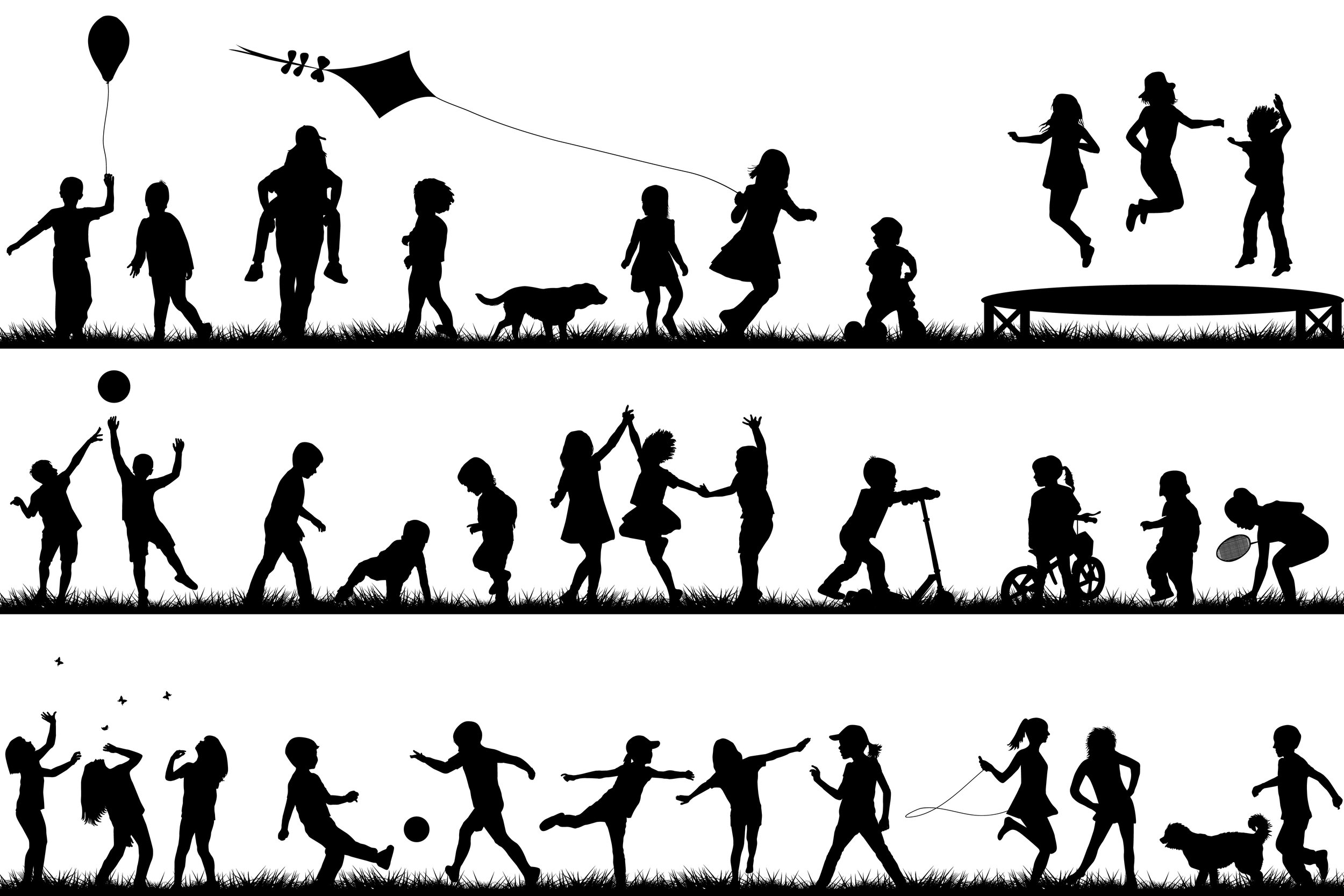What is the best physical activity for children?
While my job is primarily to talk to children and their families about food, we will often discuss physical activity and the importance of ensuring that each child includes some physical activity in most of their days of the week. “Move and Play Every Day” is the slogan for the Australian Government initiative to get our children moving.
Benefits of Physical Activity for Children
Help them to achieve and maintain a healthy weight
Help them to build strong bones and healthy muscles
Improve their balance, movement and co-ordination skills
Promote social skills
Support brain development
Encourage self confidence and independence
Adapted from Department of Health (2014) Move and Play Every Day
As a parent/carer/guardian, what can we do?
Encourage your children with active play. From a young age, play with balls and bubbles so that your child has to chase after them.
Try to help them become familiar with water, either through structured swimming lessons, or just by taking them to a local pool for a splash around.
Trampolines are a fantastic form of exercise, whether with a big one in the backyard (if you have the space), or a little exercise sized one for the living room.
Our playgrounds and parks have an abundance of equipment to teach our children co-ordination, self confidence and also social skills for turn taking.
As they get older, fly a kite together or teach them to pedal on a trike and later on a bike or scooter.
As children get older still, encouraging them to try out a range of different sports such as soccer, football, basketball, tennis, cricket, hockey, netball, gymnastics, dance/ballet, ice skating, roller skating, taekwando/karate, athletics, swimming and the list goes on and on.
Not every sport will be the right fit for every child and it is important to try as many different options as possible to find the activity that motivates and excites your child.
The activity doesn’t have to be a formal lesson either. Go for walks as a family- either around your local community exploring what is happening, go for a short drive and follow a walking path to an exciting look out. Go to the zoo and wander around seeing all of the animals.
Even household chores are pretty good exercise. Let your children help with sweeping, vacuuming, dusting (I know, I know…I’m twisting your arm!!).
Turn on some music and just dance around and have fun.
I’ll be honest here and confess that I am by no means the most active adult around. I enjoy going for walks and in my teenage and young adult years I loved playing tennis and netball. I’m a bad dancer but love dancing around while I cook, clean and hang out washing. I hated swimming classes when I was younger.
My husband on the other hand is super active and loves running, bike riding, golf, cricket, football… and the list goes on. Because of his love of being physically active, I am lucky that he has spent HOURS every weekend rain, hail or shine, out with my two boys and usually a ball of some sort playing, teaching and encouraging them. As a result, they absolutely LOVE to be active.
Despite my personal preferences for activity, I get so much pride when I see my kids loving their swimming classes. I love watching them run around playing football or soccer or tennis or basketball or some other made up game that they try to teach me. When they ask me to get involved I do my best to say yes as I want to encourage and nurture their keen interest in being physically active.
So... What's the Best Activity for Your Child??
The moral of the story is, the right activity for your child will be determined by them. Observe their likes/dislikes when it comes to activities and ask around other parents to see what other kids are doing for some new ideas.
When I see children who are struggling to achieve or maintain a healthy weight and they tell me that they don’t like any sports or being active, we will spend most of our session trying to come up with a few new activities to try, just to get them moving. Once you find an activity that you enjoy, it stops becoming a chore to get it done, but becomes a habit or routine like brushing your teeth or having a shower.

